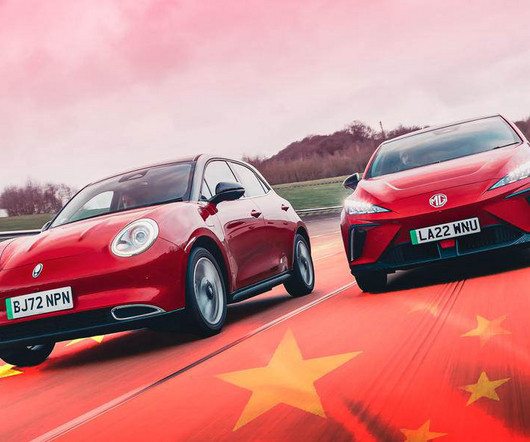IHS: continued legislative focus on pollutants to drive sensor market for internal combustion engines
Green Car Congress
JULY 24, 2014
The global market for sensors used in internal combustion engines (ICE) is on the road of steady growth for the next few years, propelled by increasing utilization in engine management and exhaust aftertreatment, according to a new report from IHS Technology. IHS projects that sensor shipments for ICEs will top 1.34 billion in 2013.















Let's personalize your content